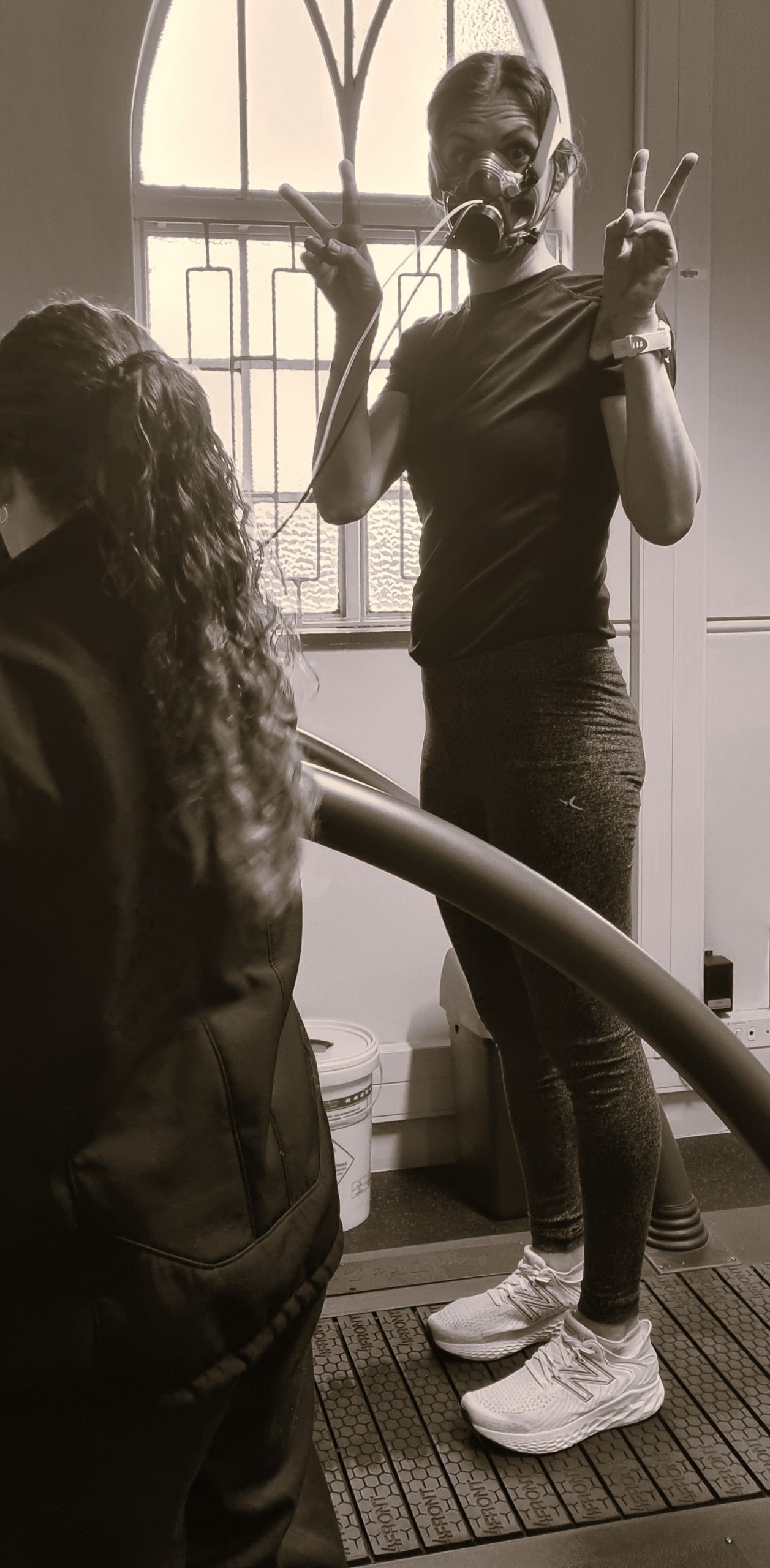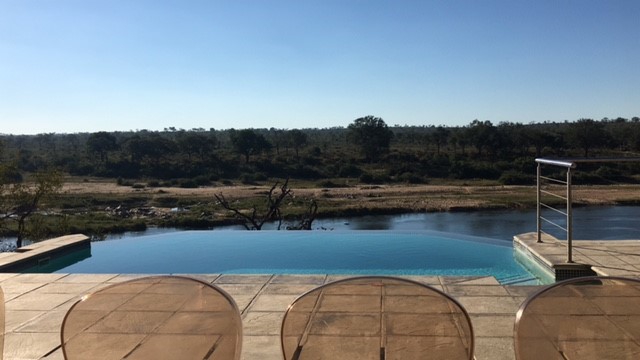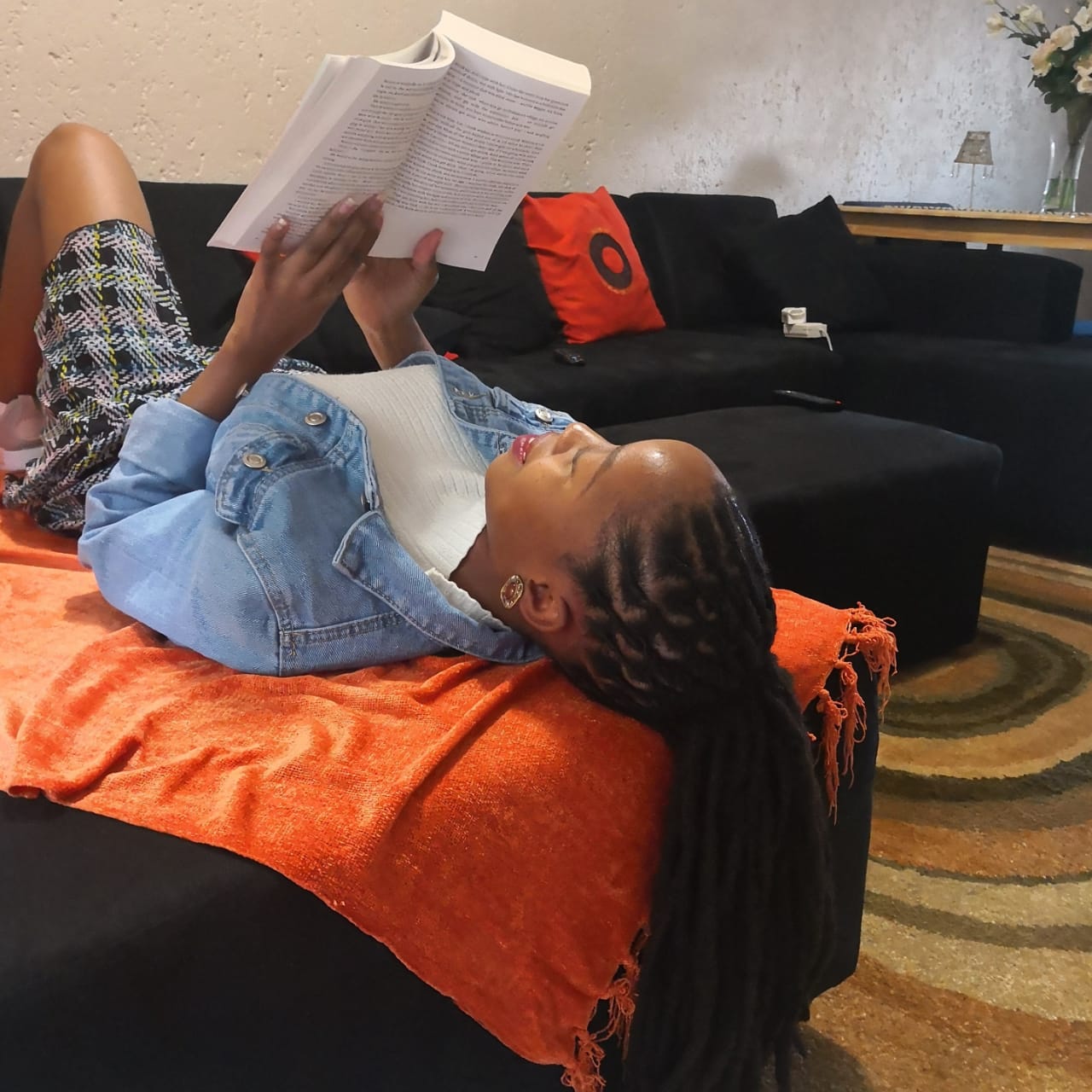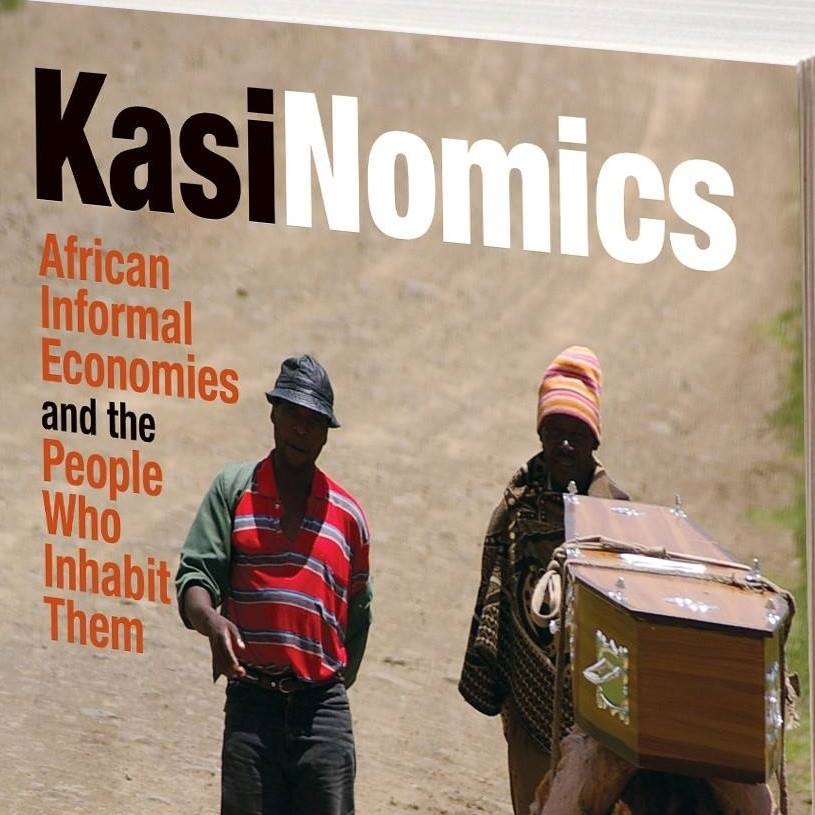
I wish someone had told me about KasiNomics
“I wish someone had told me” is a series of posts that feed into our inquisitive nature at CN&CO. Each week we hear from someone in our network about something interesting or surprising that’s recently happened or occurred to them – or lessons they learnt. These blogs are a way to pay it forward and form part of CN&CO’s belief that the world can be a better place – and we all have a responsibility to make it so. This week’s post is by Neo Matsei.
Riversands Incubation Hub, is an initiative that CN&CO has always been proud to back. The hub that is now home to over 150 small businesses, supports black-owned SMEs and fosters job creation. As part of its many programmes, Riversands runs a business club that provides entrepreneurs with business and skills training. This also gives aspiring entrepreneurs the platform to network and hopefully make new business.
I was privileged to have attended one of the talks which was hosted by GG Alcock, CEO of specialist marketing company, Minanawe and author of KasiNomics and Third World Child. The talk on “unlocking informal markets” was mind opening and made me see beyond what I thought to have known.

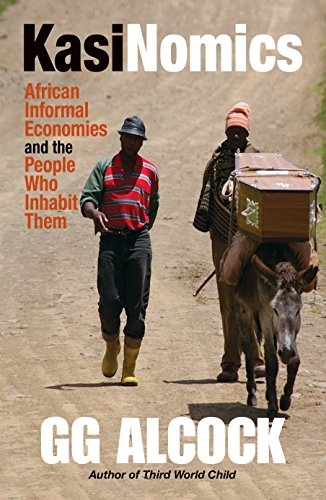 Alcock is a white man, from a small village in Kwa-Zulu Natal called Msinga. He was raised in zulu customs and therefore lived as one. He speaks fluent zulu and can hold a conversation in several other South African languages.
Alcock is a white man, from a small village in Kwa-Zulu Natal called Msinga. He was raised in zulu customs and therefore lived as one. He speaks fluent zulu and can hold a conversation in several other South African languages.
Alcock used his background and all he knows about the zulu culture to research and tap into the massive commercial potential that exists in South African townships. He unveiled opportunities in the so often underestimated informal economy and opened eyes of entrepreneurs to their hidden potential.
He discovered that entrepreneurs can seek opportunities and eventually start profitable businesses in townships or supply township businesses. The informal sector is a larger market than the formal sector and business opportunities also exist there. These opportunities are found in the culture, behaviour and the people’s way of life.
Who would have thought that one can make business out of the African customs of goat slaughtering, traditional muti (pharmaceutical industry) or even kotas (bunny-chows)? These markets are worth billions of rands.
Other business opportunities can be derived from these examples:
Stokvels: Saving or investment society club, where members make monthly contributions, which are then invested. There are different types of stokvels – they save depending on their goal. This can be for burials, savings towards groceries, investment and others. The role of the stokvels is to improve members’ way of life.
Burials: These contain a lot of logistics that often funeral covers do not cover. A simple example would be the cow that needs to be slaughter for the funeral or a week’s worth of groceries for the mass that will be paying the family of the deceased visits till the day of the funeral. This is why people rely on stokvels.
The biggest traditional churches (ZCC, Nazareth Baptist Church and the likes) in South Africa. These churches contain mass amount of people (predominantly black) with different needs.
Hair salons: The demand for (affordable) hair salons is attracting big business in townships. There is a demand for containers and supply of trusted products and hair extensions.
The taxi industry: This industry is big in South Africa and they need their books audited.
Spaza shops (convenient shops): They require containers to start up their businesses.
And a whole lot more…
Alcock believes that business is more than knowing how to speak a certain language. “It is about understanding the cultural behaviours that exist in different societies and recognising where the trends are coming from,” he says. “Simply learning that the term, Brazilian means different things to a black and white woman; a street hawker selling peppers refers to the vegetables as robots, because of the colours, green, yellow and red, and that cheese curls are called “amashwamahwam” because of the sound they make when you chew them.”
It is important to offer things that are relevant to people’s lives and to know that people do not necessarily care about purchasing the “cheapest” product, but want to get value out of it.
GG opened my eyes to a whole new world and I gained a new appreciation for the kasi hustle. Hear it from the horse’s mouth in this great interview below and make sure to get yourself copies of his books, KasiNomics and Third World Child – who knows, you too could get inspired.



